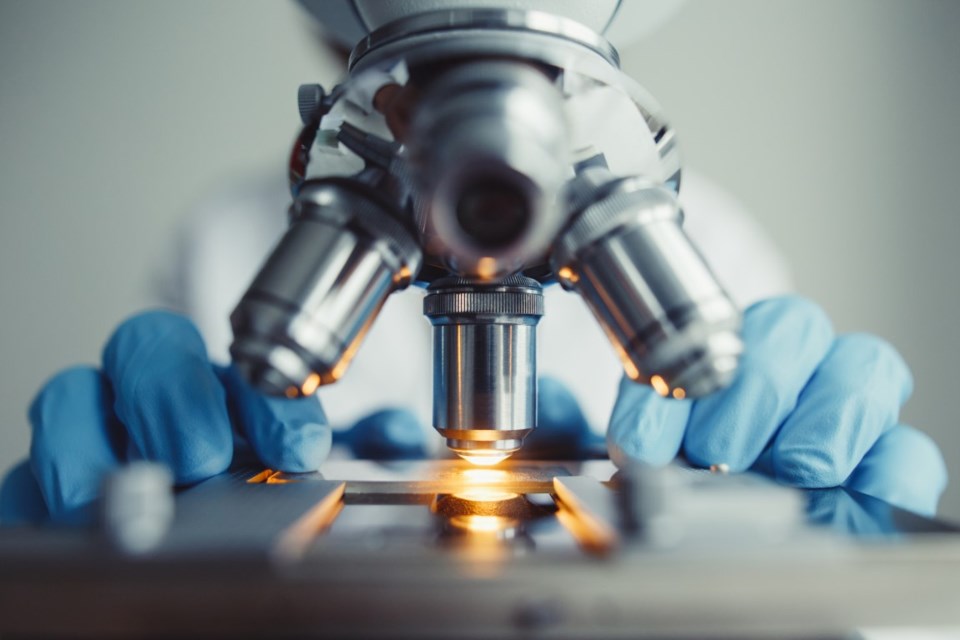Scientific tools and knowledge allow the world to build and breed better crops that provide healthy foods and cheaper fuels.
Now the world is setting goals that include more crop production with fewer emissions from inputs. While the latest seeding tools with the precise placement of nutrients and fertilizer treatments are doing their part to meet those goals, it will be plant breeding that carries most of the water in the future when it comes to producing more from less.
However, the sharing atmosphere in science is coming under ever-greater pressure. While companies have always been protective of their research and data and their intellectual property, for understandable reasons, the tools of science used to be more commonly accepted as part of the public trust that could be used for the greater good of humankind. CRISPR Cas9 is an example of a valuable tool that is restricted in some countries, as are some of the products stemming from its use.
Reductions in public agricultural research and funding for the complex tools needed to carry it out are cooling scientific collaboration, according to some researchers.
At the same time, the public questions agricultural production’s sustainability and the latest scientific methods needed to improve it.
Analysts suggest that overall crop yield improvements have plateaued and the rate of gains enjoyed in past decades won’t be repeated. But in parts of the developing world, significant gains are still to be made on yields through genetics and fertilizer efficiency. Such gains would help ease global food shortages.
This is where international scientific collaboration could yield huge global benefits. However, geo-political, cultural and local socio-economic issues have to be addressed if development is to overcome scientific chill that sees countries more insular and protective of their research and its results.
The research that delivered a 10 percent gain in wheat yields in the past two decades, further increases in corn and soybean yields and significant reductions in energy use per acre was based on a system of international collaboration along with individual corporate profitability.
In an opposite scenario, scientists in the United Kingdom and United States recently suggested that COVID research was being restricted. Researchers who requested data from others found many queries went without response.
At the start of the pandemic several countries, including the U.S., used national security to exempt them from various trade rules and justify protectionism, going so far as to develop vaccine nationalism. But the trend in science was already underway.
Canada’s recently developed Roadmap for Open Science is part of a larger recognition worldwide that research needs to be shared as much as possible to ensure rapid solutions for challenging problems. COVID-19 and a threat of food shortages due in part to the Russian invasion of Ukraine are but two of the areas where science needs to be readily available.
Open science models accelerate discovery processes, letting others build on previously validated research and create opportunities for innovation and prosperity.
Agriculture’s ability to breed its way out of a flattening yield improvement curve will require it, as will producers’ sustainability, both real and understood by the public. U.S. Department of Agriculture research has shown greenhouse gas emissions per acre in the past two decades fell only for crops in which nitrogen fertilizer application has been reduced. With an ever tightening and more protectionist research environment, that hurdle won’t be easily cleared.
The world needs more food. Farmers, consumers and the planet itself will benefit if scientists can collaborate on solutions that reduce inputs and improve yields.
Karen Briere, Bruce Dyck, Barb Glen and Mike Raine collaborate in the writing of Western Producer editorials.




